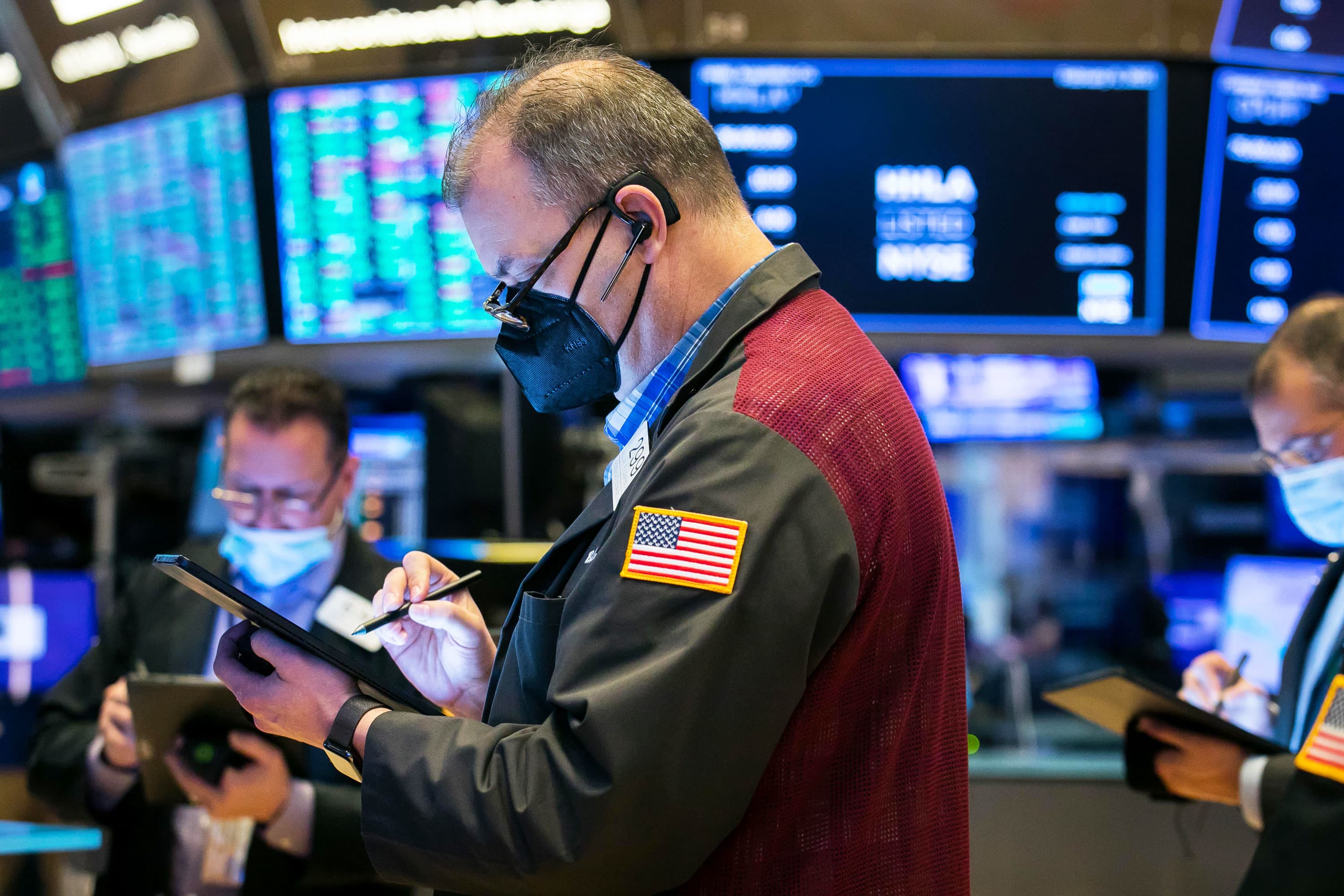Former TD Ameritrade CEO Fred Tomczyk told CNBC on Friday he believes retail stock market investors have never had it better when it comes to competing against Wall Street pros.
“When you think about what the retail investor has today, they have free trading, free research, free investor education, and they have faster and better trade execution than ever,” Tomczyk said in an interview on “Squawk on the Street.”
“The playing field between the retail and the institutional investor is more level than I’ve ever seen it,” added Tomczyk, who led the brokerage firm as president and chief executive from 2008 to 2016. He’s now on the board of Cboe Global Markets.
Tomczyk’s comments came one day after the U.S. House Committee on Financial Services held a hearing focused on the GameStop short squeeze that began in late January. The Reddit-fueled trading frenzy was another flashpoint in a long-running debate over fairness in the stock market, and whether mom-and-pop investors have equal access to generating returns.
One of the participants at Thursday’s hearing was Keith Gill, the Reddit user and YouTuber who played a key role in promoting GameStop shares. In his testimony, Gill defended his decision to publicly tout his investment thesis in GameStop by noting what he considered long-standing imbalances for retail traders.
“Hedge funds and other Wall Street firms have teams of analysts working together to compile research and analyze shares of companies,” said Gill, whose latest post on Reddit showed he made $7.8 million off GameStop. “Individual investors do not have those resources. Social media platforms like Reddit, YouTube and Twitter are leveling the playing field.”
In August, Gill posted a video to his YouTube channel that argued the video-game retailer’s stock was undervalued and vulnerable to a short squeeze due to so many bearish bets placed against it.
Tomczyk said he finds the success individual investors had during the meteoric rise in GameStop’s shares — which went from less than $20 in early January to an intraday high of $483 on Jan. 28 — to be noteworthy.
“The ironic part, when you stand back and look at all this, is the party that seems to have lost the most in this GameStop trading was at actually a hedge fund. It wasn’t a retail investor,” Tomczyk said. “Many retail investors did very well, so in my mind, they’ve done very well and they’ve never had it better based on smart regulation and the use of technology today.”
Other participants in the committee hearing Thursday were Gabe Plotkin, who runs hedge fund Melvin Capital, and Ken Griffin, the billionaire founder of market maker Citadel Securities. Griffin also is CEO of a similarly named hedge fund, Citadel.
Melvin Capital took a huge loss during the GameStop frenzy after it closed out its short position on Jan. 26. Short-sellers borrow shares of a stock and then promptly sell them, with the goal of purchasing them back later at a lower price. They then give back the borrowed shares and make money off the difference. But when the opposite happens, like with GameStop, short-sellers might buy shares at their current higher price in an attempt to minimize losses.
Plotkin on Thursday told Congress his hedge fund will adapt its short-selling approach now that it’s observed the impact social media can have when harnessed by retail traders. “That was a risk factor that, up until recently, we had never seen,” he said.
In an interview Friday on CNBC, Griffin was asked by “Squawk Box” co-host Andrew Ross Sorkin whether he and individual investors had “the same opportunity” to make money in the stock market.
“It all comes down to a matter of horizon and strategy,” Griffin said. “It’s like asking, ‘If I went and played golf this weekend with Tiger Woods, would I win? Of course not, but there are various ways to compete with Tiger Woods off a golf course and do very well. I’m not going to play him on his game on his course.”
For example, Griffin said people who happen to be tech savvy might see opportunities to invest in publicly traded companies that are disrupting a particular industry. Or, he said, someone who bought shares of Tesla five years ago under the belief that electric vehicles were the future of the automotive industry “would have made a lot more money than we made at Citadel.”
Shares of Tesla are up more than 2,200% in the past five years.
“I never underestimate the skill of the American retail investor at understanding emerging trends where real wealth is created and their ability to take advantage of that wealth transformation,” added Griffin.
